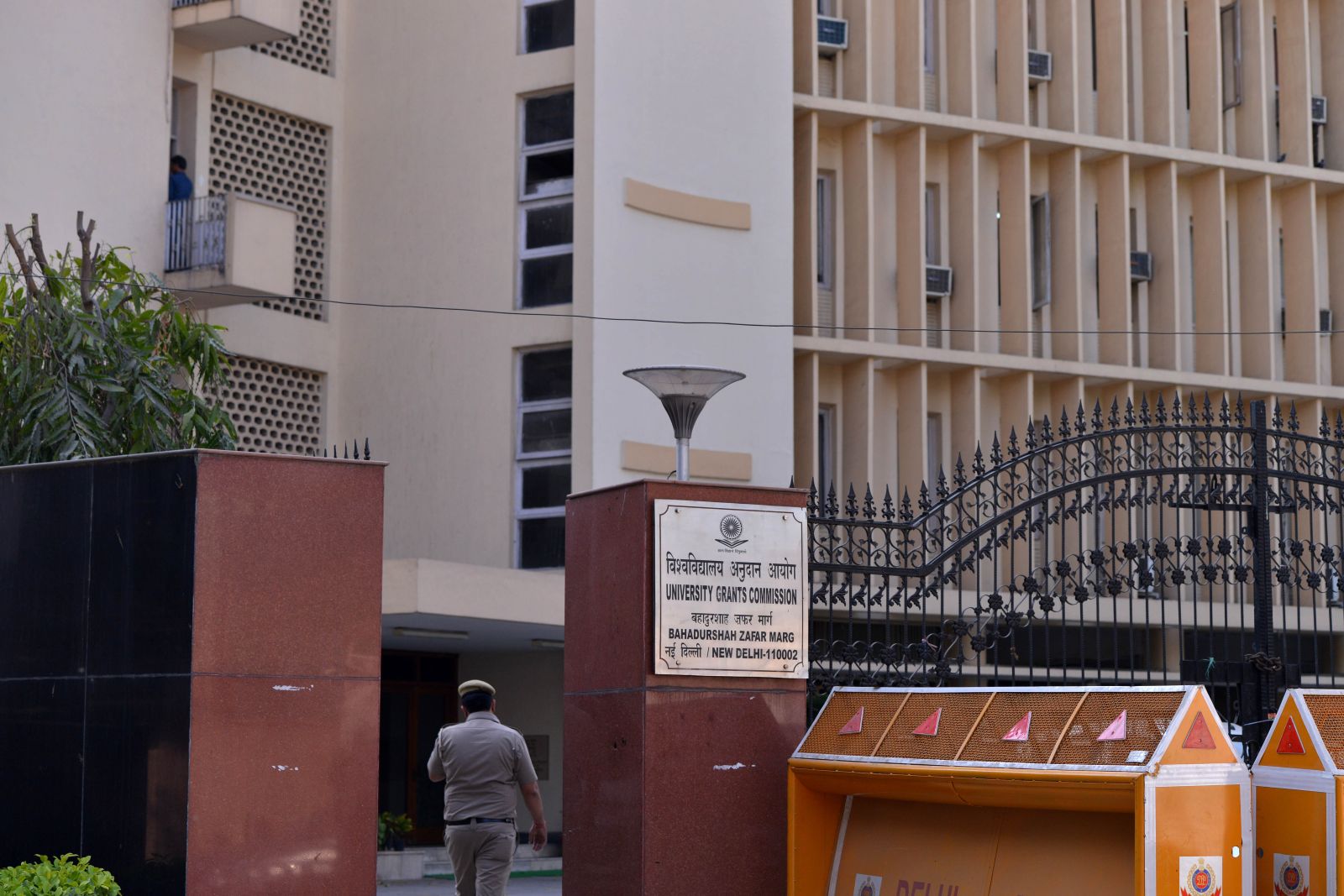
New Delhi: The University Grants Commission has begun the process of regulating the fees charged by private deemed universities for medicine courses following a Madras High Court directive in April.
It has set up a 10-member committee, headed by the former AIIMS director R.C. Deka, to suggest how to do this.
All the 34 deemed universities that teach medical and dental undergraduate and postgraduate courses have so far had the freedom to decide their fees.
A move by the commission in 2009 to issue regulations to prevent such institutions charging exorbitant fees did not fructify because the Union human resource development ministry did not give its approval.
Private medical colleges affiliated to the various universities now charge fees fixed by state-level fee committees.
An advocate, V.B.R. Menon, had moved a public interest plea last year alleging that the fees private deemed universities in Puducherry were charging for their medical courses were several times higher than those charged by the private medical colleges.
He said the fee for postgraduate medical courses in the private medical colleges was Rs 14 lakh under the management quota and Rs 5.5 lakh under the state quota, whereas the private deemed universities were charging over Rs 40 lakh a year.
"We are of the view that a fee committee ought to be constituted by the UGC to fix the fee structure in self-financing deemed universities upon a comprehensive study of all relevant factors, including reasonable cost that might be incurred by the deemed university for education of each student," the high court said.
Ravi Bhardwaj, a lawyer fighting cases involving deemed universities, said the committee should take a "balanced position" to ensure that education remained affordable and the institutions too could function smoothly.
These private deemed universities used to hold their own entrance tests and counselling for admission till 2015. From 2016, they have been admitting students through the National Eligibility-cum-Entrance Test and the common national counselling process.
Prevented thus from selling seats under the table, some of them have resorted to charging high course fees, a source alleged.
In P.A. Inamdar and Others versus the State of Maharashtra and Others in 2005, the Supreme Court had held that every private higher-education institution was free to devise its fee structure but this could be regulated to prevent profiteering.
It had added that it was the central government's responsibility to come out with a law on the subject, and that in the absence of a central law the states could enact their own legislation for the purpose.
There is now neither a central law nor any state law on regulating the fees charged by private higher-education institutions for any course.
The other members of the commission's panel are O.P. Kalra, vice-chancellor, Pandit B.D. Sharma University of Health Sciences Rohtak; Saroj Chooramani Gopal, former vice-chancellor, King George Medical University, Lucknow; Mahesh Verma, director, Maulana Azad Institute of Dental Sciences, New Delhi; Ajay S. Chandanwale, Dean, Byramjee Jeejeebhoy Government Medical College and Sassoon General Hospitals, Pune; S.K. Ray, former financial adviser, human resource development ministry; and nominees of the health ministry, Dental Council of India, Medical Council of India and the human resource development ministry.










